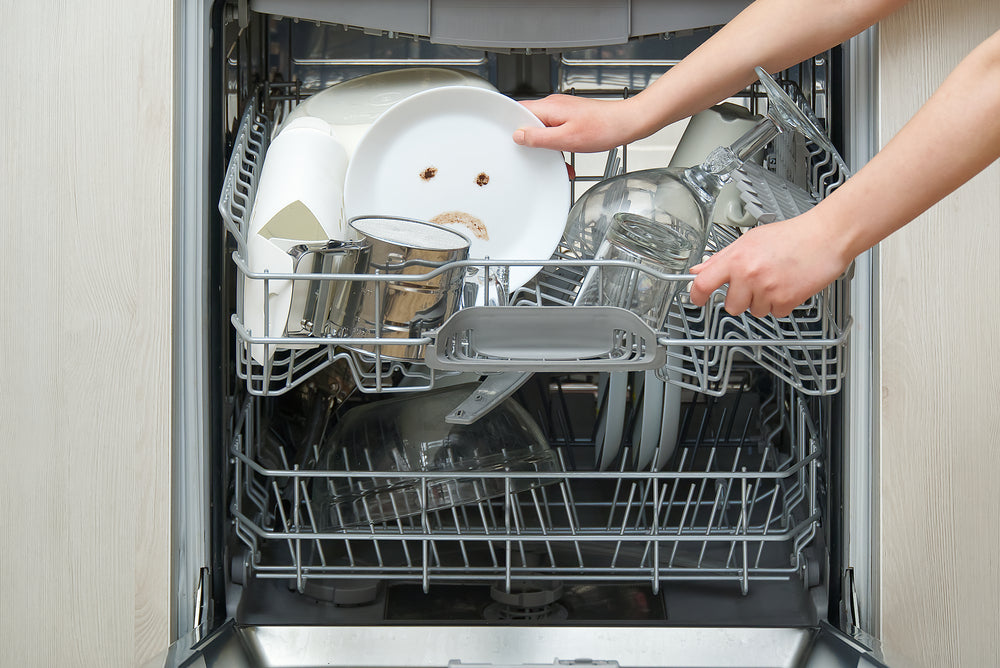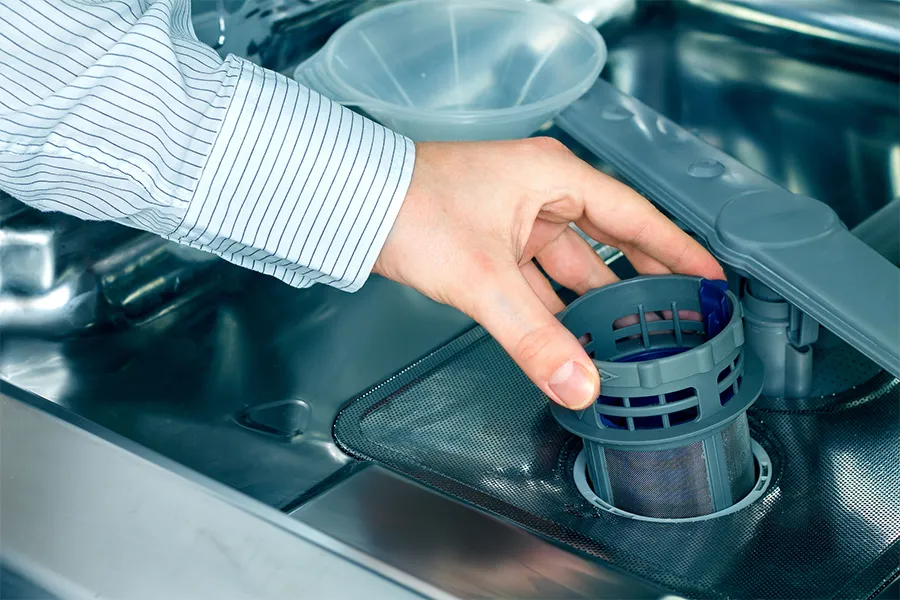Typical Dish Washer Problems to Troubleshoot
This WebsiteEverybody has their personal idea involving How to Troubleshoot & Repair a Dishwasher.

Having your dishwashing machine breakdown or breakdown can be a big deal and create some discomfort in the house. Dishwashing machines are equipments that we utilize to tidy meals and also flatwares automatically to conserve us the stress of by hand doing it.
Like every other machine that alleviates human initiative, dishwashing machines can break down and also establish some mistake at some point in time. There are numerous mistakes your dishwasher might develop, as well as while several of them can be resolved by changing some parts or repairing them, various other much more extreme defects will call for that you get a brand-new dish washer.
This short article will certainly identify a few usual faults your dishwashing machine can develop to impede its total performance as well as just how these faults can be fixed.
Usual Faults
Typical dishwashing machine faults could range from small to significant ones. Depending on the degree, you will certainly either need the services of expert plumbers to repair or change it.
Several of the most typical mistakes consist of:
Leaky Dishwasher
This is most likely one of the most daily dish washer trouble, and the good news is that it is simple to determine. Leakages take place due to several reasons, as well as the leakages can ruin your cooking area. Common root causes of dishwashing machine leakages consist of;
If your recipes as well as flatwares come out of the dishwasher and still look unclean or dirty, your spray arms might be an issue. Oftentimes, the spray arms can get clogged, and also it will certainly need a quick tidy or a substitute to function efficiently again.
Inability to Drain pipes
Often you may notice a huge quantity of water left in your tub after a wash. That is possibly a drain issue. You can either check the drainpipe pipe for damages or blockages. When doubtful, get in touch with a professional to have it examined as well as repaired.
This is an additional typical dishwasher trouble, as well as it is mainly brought on by food debris or grease sticking around in the device. In this instance, search for these particles, take them out and also do the meals with no meals inside the machine. Wash the filter extensively. That will certainly aid do away with the bad scent. Guarantee that you remove every food bit from your recipes before transferring it to the maker in the future.
Conclusion
A few of these common dishwashing machine faults can be dealt with easily in the house, but in many cases, the faults could be massive and also may need the attention of experts. If you stay in Rochester, Syracuse, and various other parts of America, let the experts effectively diagnose what could be wrong with your dish washer and proffer an option.
We additionally install dishwashing machines if you simply acquired a new one or intend to change your own. With our many years of experience in the sector, we make sure to give you the most effective possible services.
8 Most Common Dishwasher Problems & How to Fix Them
My Dishwasher Isn't Draining
If your dishwasher isn't draining properly, you may be having an issue with your dishwasher's drainage system. This can be caused by a variety of issues:
Clogged drain: The dishwasher's drain may be clogged with food particles or other debris. Malfunctioning pump: The dishwasher's pump is responsible for moving water through the system and out of the drain. If it's damaged or not working correctly, it could cause a drainage failure. Broken or clogged hose: The dishwasher's drain hose may be broken or clogged, causing water to back up in the system. How to Fix Dishwasher Not Draining
Check the drain for any blockages. A clogged or kinked hose will prevent water from properly draining out of the dishwasher. Use a plunger or a pipe snake to clear any debris that may be blocking the drain. Check the dishwasher's pump for damage or malfunction. Consult the manufacturer's manual or call a professional appliance repair service if you think the pump may be the issue. Check the drain hose for any damage or blockages. The hose should be straight and free of any debris or kinks. Check the drain pump filters for any blockages if the hose is clear, but the dishwasher is still not draining. Some dishwashers have filters that can become clogged with food particles or debris. Cleaning or replacing the filters may help resolve the issue. Run a dishwasher cycle to make sure the water is properly draining out. My Dishwasher Is Leaking
A leaking dishwasher can be frustrating. There are a few possible causes that you can investigate to try and diagnose the issue:
Inspect the dishwasher for any visible signs of damage or wear and tear. Look for cracks or holes in the door and around the rubber seal. Check the hoses and pipes connected to the dishwasher for any signs of leaking. If there is no visible damage, you may hear the sound of water dripping or the sound of the water pump running. This might mean a problem with the water inlet valve or the drain pump. You may also notice a puddle of water on the floor near the dishwasher. This could indicate a blocked drain hose or a faulty drain pump. Finally, check the seals around the door and the door for any signs of damage, wear and tear, or improper installation. If any of these issues are present, they must be fixed immediately to avoid further water damage. How to Fix a Leaky Dishwasher
Identify where the leak is coming from. The most common places for a dishwasher to leak include the door, hoses, and pump. If the leak is coming from the door, the gasket or seal may need to be replaced. If the leak is from the hose or pump, the damaged parts should be replaced with new ones. Finally, check all the connections and make sure they are secure and not leaking How to Fix a Dishwasher That Won't Start
The perfect remedy for a dishwasher that won't start is confirming all the components are in perfect working order and that the wiring is in good condition. Next, inspect the motor and replace it if necessary.
If these steps do not resolve the problem, contact a professional appliance repair technician to diagnose and fix the issue.
Conclusion
Most dishwashers are reliable appliances with a long lifespan. As with all devices, checking your dishwasher regularly will help you quickly identify any issues and ensure that it is running efficiently.
And if you're in the market for a new dishwasher, don't let dishwasher problems ruin your day. Upgrade to a reliable, efficient model today! Check out our full selection of top-quality dishwashers that includes a range of styles and features to suit any budget and household needs.
https://www.coastappliances.ca/blogs/learn/common-dishwasher-problems

I stumbled upon that page on The Most Common Dishwasher Problems when looking around the web. Sharing is nice. Helping people is fun. I praise you for your time. Visit us again soon.
Get An Estimate